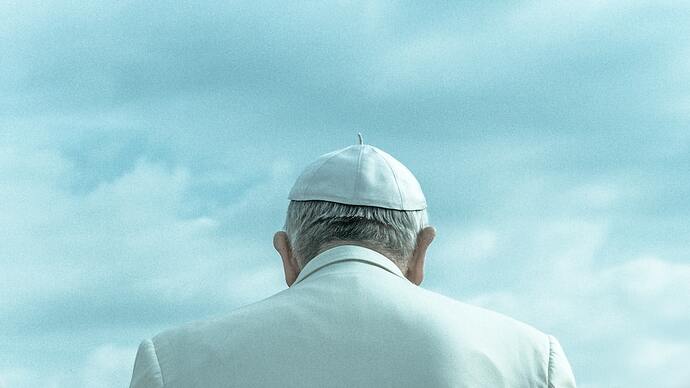Pope is the title given to the Bishop of Rome, the head of the Catholic Church. The word “Pope” comes from the Latin “papa,” which means “father.” The Pope is considered the spiritual and moral leader of the Catholic Church and represents over 1 billion Catholics worldwide. The Pope carries out several functions, including administering religious sacraments, speaking on moral issues, and promoting the Church’s doctrines.
The history of the Pope dates back to the first century AD, when the apostle Peter became the first Bishop of Rome. According to Catholic tradition, Jesus appointed Peter as the leader of the Church, giving him the keys to the kingdom of heaven. This authority was passed down to the succeeding Bishops of Rome, who became known as Popes.
The Pope has a unique role in the Catholic Church. He is considered to be infallible, which means that he is free from error in matters of faith and morals. This is a controversial doctrine, as some believe that only God is infallible, while others argue that the Pope’s infallibility is limited to certain circumstances.
The Pope’s authority is exercised through his role as the head of the College of Bishops. The College of Bishops is made up of all the bishops in the world, who work in communion with the Pope to govern and guide the Catholic Church.
One of the Pope’s most important functions is administering the sacraments of the Church. These include the sacraments of baptism, confirmation, holy orders, marriage, penance, anointing of the sick, and the Eucharist. The Pope also presides over the canonization of saints, which is the process by which the Church declares someone to be a saint.
The Pope is also a moral leader, speaking out on issues that affect Catholics and the broader community. The Pope’s views on social justice, poverty, war, and the environment have been influential in shaping the Catholic Church’s teachings. The Pope is also an advocate for interfaith dialogue, working to build bridges between different religions.
The Pope’s role in promoting the Church’s doctrines is also significant. The Pope has the authority to declare dogmas, which are central beliefs of the Catholic Church. These include beliefs such as the Trinity, the Incarnation, and the Resurrection. The Pope also has the power to grant indulgences, which are remissions of temporal punishment due to sin.
The Pope is assisted in his work by several departments within the Vatican, including the Secretariat of State, the Congregation for the Doctrine of the Faith, the Congregation for the Evangelization of Peoples, the Congregation for the Causes of Saints, and the Pontifical Council for Justice and Peace.
The selection process for a new Pope is known as a conclave. When a Pope dies or resigns, the College of Cardinals meets in a closed-door meeting to elect a new Pope. The conclave takes place in the Sistine Chapel in the Vatican and is governed by strict rules designed to maintain secrecy and confidentiality.
The current Pope is Pope Francis, who was elected in March 2013. Pope Francis is the first Pope from the Americas and is known for his focus on social justice, poverty, and the environment. He has also been a strong advocate for interfaith dialogue, working to build bridges with other religions.
Throughout history, the Pope has played a significant role in the Catholic Church and in the broader community. The Pope’s authority as the spiritual leader of the Church is vast and complex, with many different functions and responsibilities. The Pope continues to be an influential figure in the world today, guiding the Catholic Church and speaking out on issues that affect us all.
Disclaimer
6do Encyclopedia represents the inaugural AI-driven knowledge repository, and we cordially invite all community users to collaborate and contribute to the enhancement of its accuracy and completeness.
Should you identify any inaccuracies or discrepancies, we respectfully request that you promptly bring these to our attention. Furthermore, you are encouraged to engage in dialogue with the 6do AI chatbot for clarifications.
Please be advised that when utilizing the resources provided by 6do Encyclopedia, users must exercise due care and diligence with respect to the information contained therein. We expressly disclaim any and all legal liabilities arising from the use of such content.

















